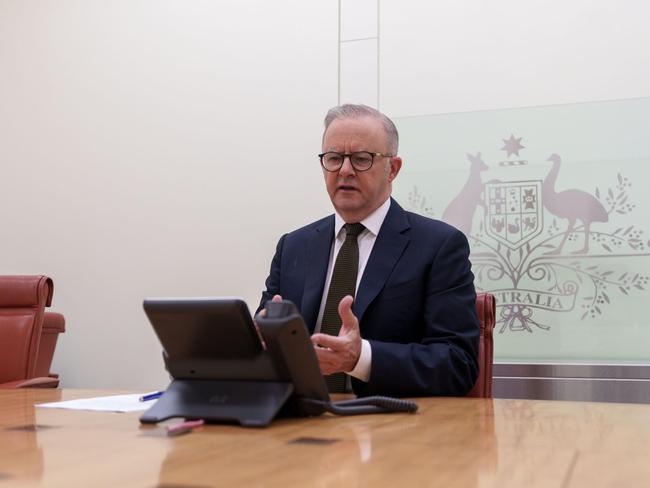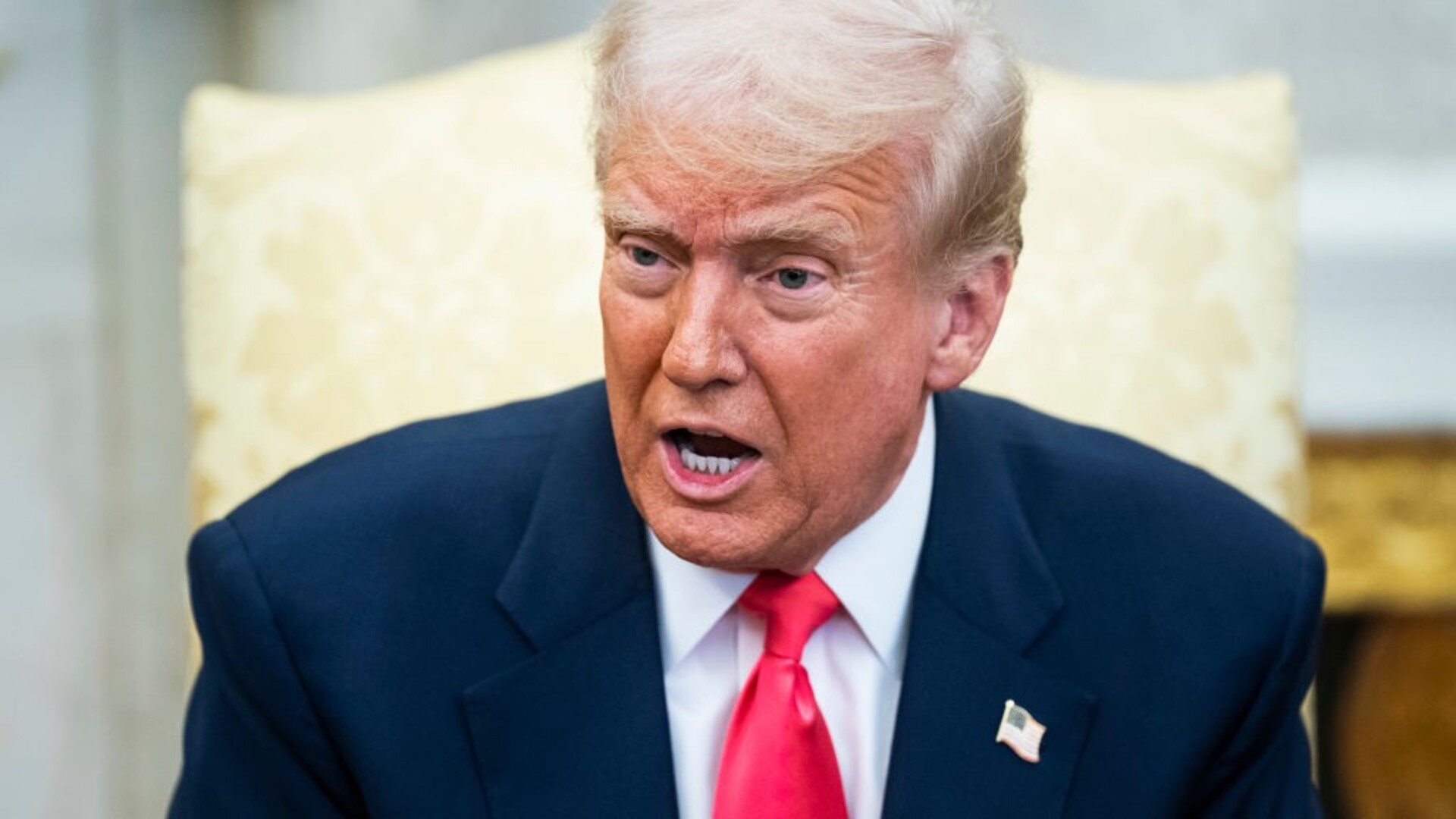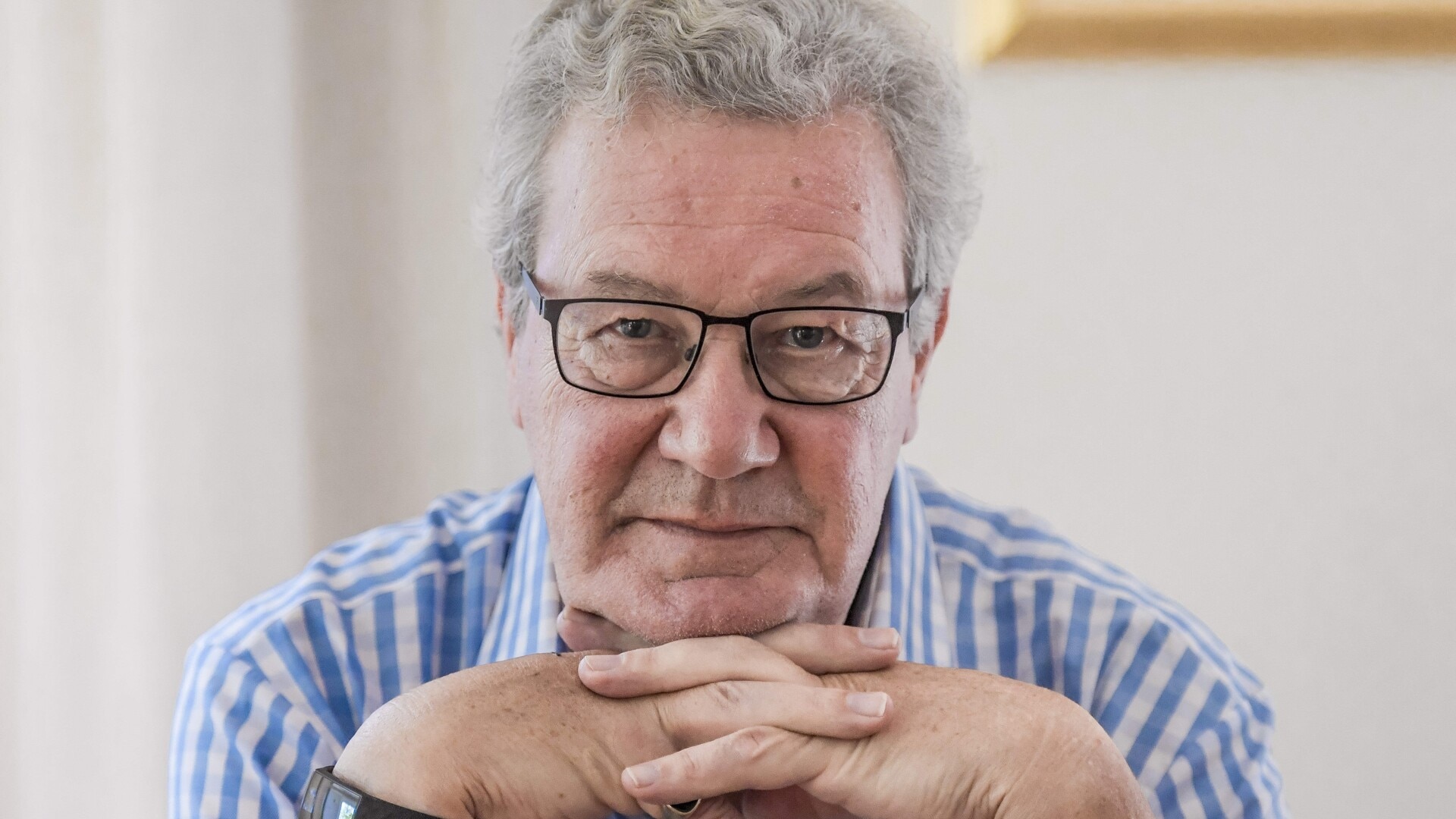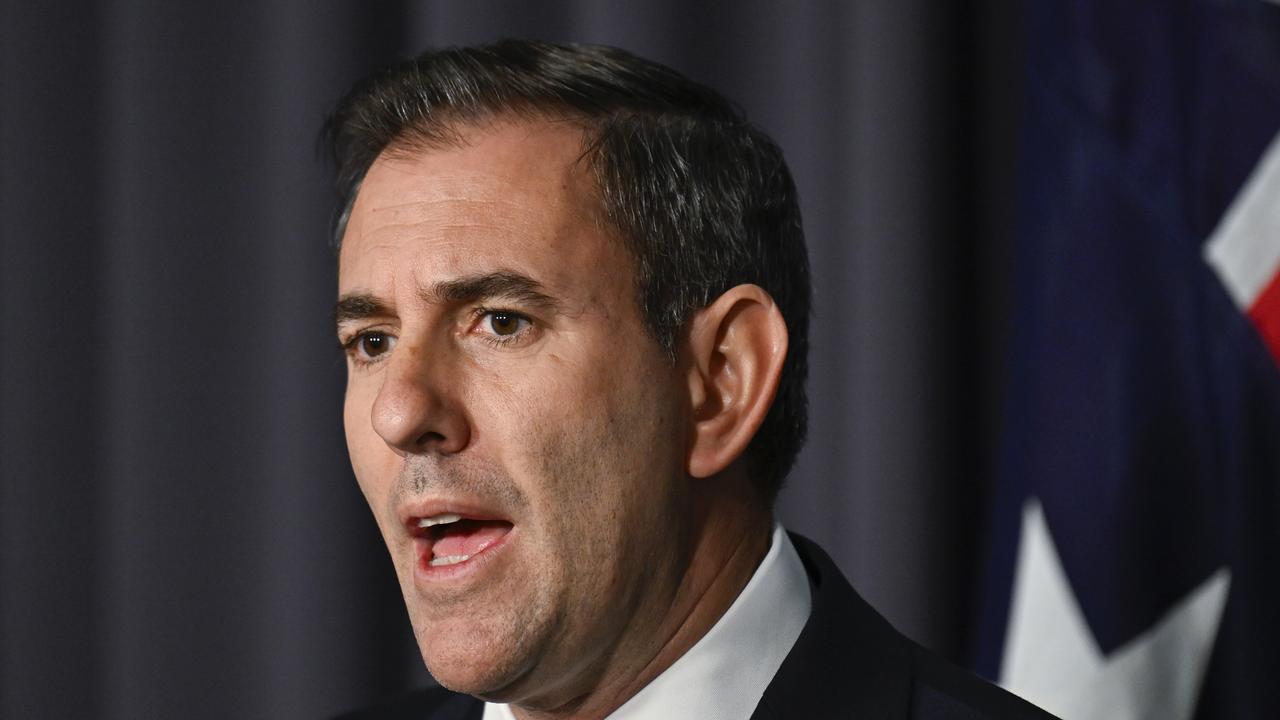Anthony Albanese vs the world: defeated before we even fight
An adversary that wanted us to be weaker would thrill at the harm we do to ourselves.
As a nation we are entitled to feel rather alone and befuddled. Our largest trading partner has just sent a naval task force to circumnavigate our continent, conducting live-fire exercises in one of our busiest international air corridors without advance warning.
Just a week later our bedrock security alliance partner, the US – with which we also have a critical trade and investment relationship buttressed by a free trade agreement – imposed tariffs on our steel and aluminium exports, rejecting our pleas for an exemption. So much for mateship.
Not that we are blameless.
We knew the two Chinese warships and attendant supply vessel were sailing through the Tasman Sea. Our navy and air force were unwilling or unable to shadow them properly, leaving it to a commercial airline pilot to advise authorities about the live-fire exercise.
And the leading lights of our ruling Labor Party have spent the best part of the past decade expressing in colourful, undergraduate terms their contempt for Donald Trump and everything he stands for.
Only after Trump returned to the White House did they attempt to lower the temperature and engage in civil discourse.
All this confirms, in case anyone was wondering, that ours is the only country we can truly rely on to look after our interests first.
And it is surely indisputable that in recent years Australia has not been doing a good job at looking after its own interests.
To consider this situation, it might be useful to indulge in a hypothetical exercise.

Let us imagine there was a malevolent nation that for strategic reasons and its own potential future advantage might want us to become weaker and more vulnerable. What might that country be eager to see us do? What mistakes might it hope we made of our own volition?
It would surely think about our strongest economic advantages and indulge in wishful thinking about us being foolish enough to squander them. Instead of using our abundant coal for cheap and reliable energy, our adversary might dream, we could close our coal-fired generators, increase our electricity costs and reduce our energy reliability by attempting an untried and unproven transition to renewable energy plus storage.
That country might even dare to dream that we would purchase much of that renewable generation and transmission kit from it, so it could profit from our decision to throw away our cheap energy advantage. If it got really carried away, it might imagine we could turn our back on gas, too, caving in to green activists by refusing to exploit this abundant resource for domestic and industrial use and back-up electricity generation – this would escalate price pressures for manufacturing and industry and increase the cost of living for households.
Having seen us visit this harm upon ourselves, our strategic adversary might think we could even give in to 1970s anti-nuke attitudes and turn our back on zero-emissions nuclear energy. It would hope that we would export our vast uranium resources to other nations but refuse to draw energy benefits from them ourselves.

If we did all this, our rival would be looking at a continent with unequalled reserves of exploitable energy resources but that had made the deliberate decision to make itself energy poor. Australia would be resource rich but economically feeble.
Seeing our natural advantage squandered, those who did not want us to succeed might turn their minds to our disadvantages. They would note that with extensive drylands and unreliable rains, vast areas of our country could deliver intense agricultural production only through irrigation.
So, they might hope we would baulk at building new dams, instead allowing most of our water to take the short and unproductive route to the Pacific coast. This would leave our economic potential in place but largely unfulfilled.
To ensure our economy remained uncompetitive they would hope we imposed high levels of regulation with three levels of bureaucratic hurdles. They would cross their fingers and hope we might bow to a strong trade union movement so state and federal governments would constantly re-regulate labour markets, keeping the costs of employing people and doing business as high as possible, and forcing private companies to constantly bend to union demands.
Our adversary would certainly want us to underspend on defence preparedness, waste billions on dud projects, and delay for decades the procurement of submarines, fighter jets and warships. It would want us to distract our defence personnel from combat duties by focusing on politically correct training programs and ensuring it took almost a year for potential defence recruits to have their applications finalised.

To weaken your security there would be nothing like cultivating a defence force short of personnel and with substandard weaponry and platforms. Perhaps our rival also would dream of us running diesel-powered submarines for the next couple of decades.
On the cultural front our adversary might want us to undermine our education system, teaching a hostile view of Australia’s history, so students might show disdain rather than loyalty towards the nation and its institutions.
These politically correct diversions might even distract students from important areas of study such as language, maths and science so educational outcomes would fall into relative decline, undercutting long-term productivity and innovation.
To stoke social fragmentation, housing pressures and infrastructure shortfalls, our strategic enemy would hope we ran an uncontrolled migration program. In its wildest dreams it would see us encourage the new cohorts to import and retain their cultures, enmities and outlooks rather than assimilate and display loyalty to traditional Australian values of democracy and the rule of law in a secular society.
If you wished ill of Australia you would want us to weaken our fiscal position, spending wildly on unproductive parts of the economy, baking recurrent spending into the budget, building up government debt, keeping taxation high and leaving the economy exposed to global inflation and interest rate movements.
Ideally, you would want to see overlap in three levels of government so duplication would make the public sector larger, costlier and more counter-productive than ever, stifling rather than enhancing private investment.

Those wanting to undermine our future could not ignore our political system. They would want the predictability of the two-party system to break down, to be replaced with a fractured body politic where minor parties, protest candidates and single-interest outfits might hold sway over governments, further stifling necessary reforms and decisive governance.
Best of all, if some protagonist wanted to keep us in check, it would fantasise about a political leadership that would not object to provocations such as naval intimidation, for instance, but instead make excuses for the provocateurs. It might hope that, rather than push back, Australia would cower.
What such a nation would not want Australia to do is stand up for its own interests and become more self-reliant. It would not want us to develop a domestic nuclear energy industry, acquire state-of-the-art nuclear-powered submarines or strengthen our alliances with the US and Britain.
It would not want us to reclaim our cheap energy advantage, using coal, gas and uranium to reduce manufacturing costs and retain and attract industry. It would not want us to stop buying wind turbines and solar panels from overseas or reverse the trend of making our electricity grid sparse and unreliable by returning it to a dense, baseload model.
It would not want us to have a well-resourced defence force, focused education system and proud, motivated population. It would not want us to have lean governments, low taxes, balanced budgets and responsive bureaucracies.
It would not want a political system that allowed governments to govern and enabled the rapid implementation of sensible reforms. And it would not want a political leadership that called out its provocations and defended our interests.
So, hypothetically speaking of course, imagine if Beijing did wish us ill and hope to render us a benign and vulnerable fringe player in the Indo-Pacific. It would be looking on and marvelling at our glorious self-harm.
To see Anthony Albanese and Chris Bowen presiding over more power price increases, doubling down on their renewables transition and claiming that renewables were “reliable” would only gladden an adversary’s heart.
Assessing Australia in the here and now, it could only conclude that we are doing its work for it.






To join the conversation, please log in. Don't have an account? Register
Join the conversation, you are commenting as Logout